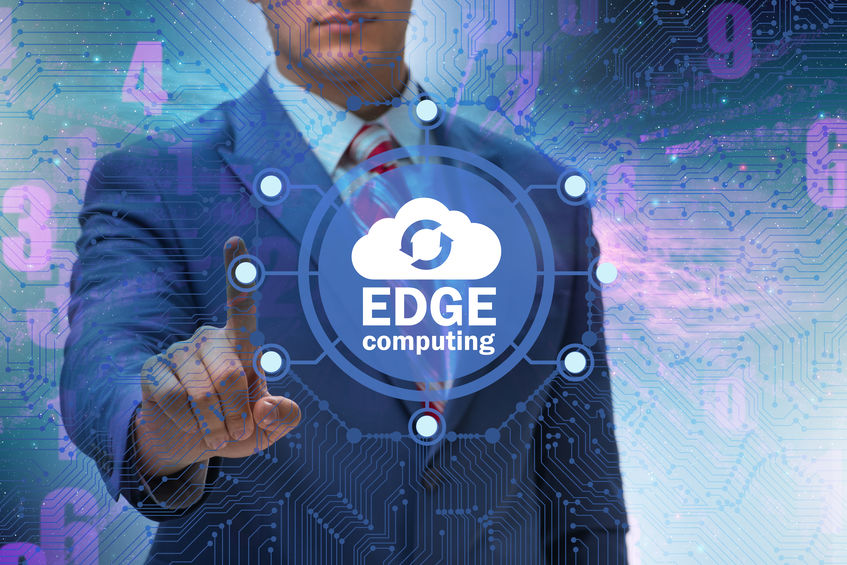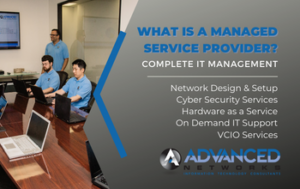
One of the developments that separates fly-by-night tech support firms from credible IT consulting firms in Los Angeles is edge computing. Experienced firms that stay on top of technology understand the advantages of edge computing as a solution to big data congestion. Here are important points to know about edge computing security:
Centralized vs. Edge Computing
While regular computing involves processing data and sending it to a central location such as a cloud dashboard, edge computing is decentralized and involves gathering data from various sensors at the edge of a network. Security for the two types of computing is also different for each. Relying on centralized cloud security for data collected by sensors is risky. Edge computing is open to more vulnerabilities as each device must be configured in a certain way.
Remotely Managing Each Device
One of the challenges that edge computing presents for IT consulting companies in Los Angeles is that physical edges are scattered in various places, making it difficult to keep track of a full data set. It’s also difficult to ensure that all devices are secure if they are distributing data from various locations. If you are new to edge computing, you need to learn about its differences and vulnerabilities from computing in the cloud or a private network.
Security Steps
Your LA IT support provider should make sure that all edge computers have the same protection level as other components on the network. Each host needs to be hardened and patched. Other solutions include encrypted data and 24/7 monitoring. All communications associated with an edge computing environment need both SSL/TLS security and multi-factor authentication.
Conclusion
Businesses using edge computing should be aware that applying regular cloud-based security will not be sufficient and that they must apply security to all devices connecting with their network. Advanced Networks is an IT consulting firm in Los Angeles can help you implement the proper type of security. Contact us now to learn more about the special type of security for edge computing.




